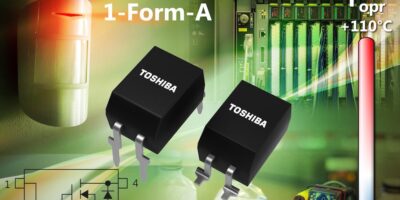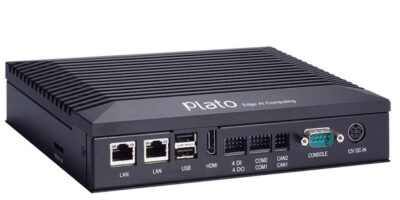AI tool developer, SensiML has teamed with Infineon Technologies to create an AI/ML suite for Infineon’s PSoC 6 microcontrollers (MCUs). The collaboration brings an end to end development platform to developers to implement local, low power, sophisticated AI-based IoT edge devices, said SensiML.
Combining the Analytics Toolkit AI development software with the Infineon ModusToolbox and low power, dual core PSoC 6 MCUs allows developers to easily record data from Infineon Xensiv sensors, said SensiML. This data can be used to create AI / ML-based models which can be implemented on PSoC 6 MCUs. The combination means designers with little to no data science expertise can add local intelligence to IoT designs for a variety of applications, including smart home, industrial and fitness.
SensiML and Infineon are challenging developers to use the SensiML Data Analytics Toolkit and Infineon ModusToolbox, Xensiv sensors, Wi-Fi / Bluetooth connectivity ICs and PSoC MCUs in the Build AI for the IoT Design Challenge hosted on Hackster.io. Developers can capture and label sensor data, train AI/ML modules and deploy the AI/ML element on a PSoC 6 MCU to create intelligent endpoint applications.
The SensiML Analytics Toolkit uses labelled data sets to create efficient AI models and allows developers to use them to implement smart, high performance edge algorithms without the need for hand coding or data science expertise. The toolkit complements the PSoC 6 family, which is based on a low power architecture for battery-powered edge IoT applications.
The PSoC 6 family features dual-core Arm Cortex-M4 and Cortex-M0+ processors, which enable design partitioning for simultaneous power / performance design optimisation. The dual core architecture also enables users to run the AI application generated by the SensiML tools on one processor, and the application code on the other.
The SensiML Analytics Toolkit, Infineon PSoC 6 family / development kits are available now.
SensiML is a subsidiary of QuickLogic and specialises in software that enables low power IoT endpoints to implement AI in order to transform raw sensor data into meaningful insight at the device itself. The SensiML Analytics Toolkit offers data collection, labelling, algorithm and firmware auto generation and testing.It supports Arm Cortex-M class and higher microcontroller cores, Intel x86 instruction set processors and heterogeneous core QuickLogic SoCs and QuickAI platforms with FPGA optimisations.







